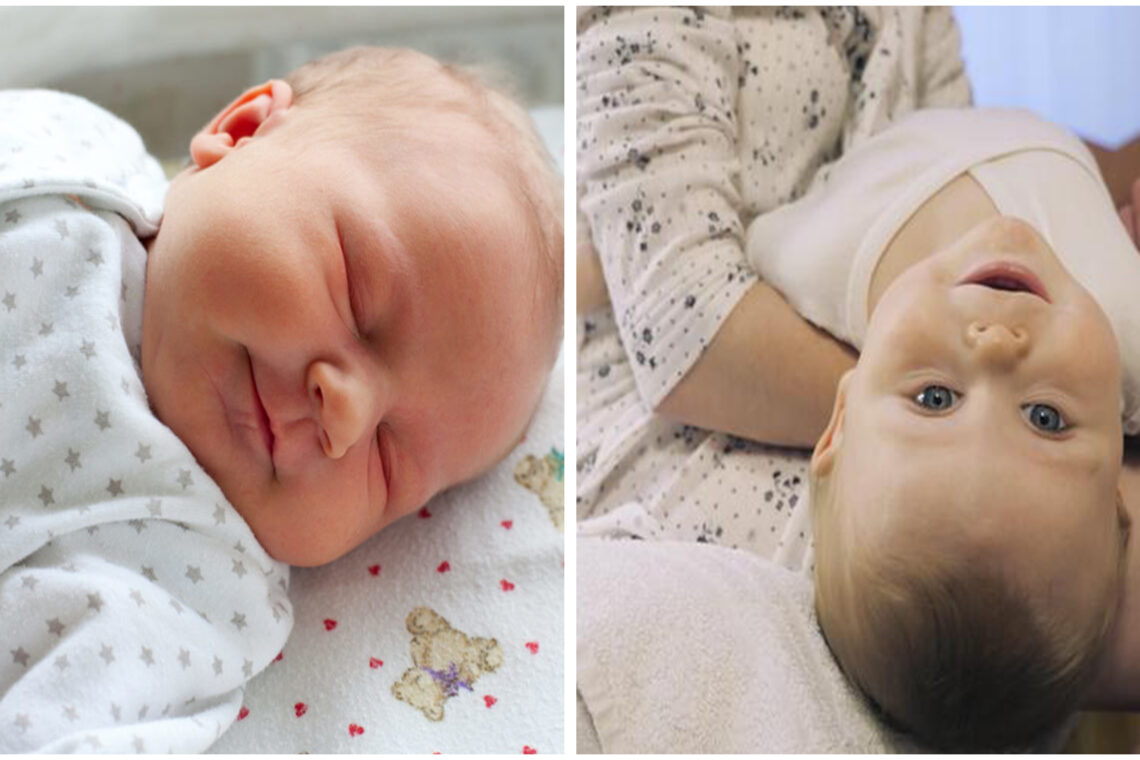
Embracing and nurturing children is a fundamental aspect of parenting that significantly impacts their emotional and cognitive development. If you find yourself frequently enveloping your little ones in warm hugs and loving gestures, you are doing an invaluable service for their growth. Recent scientific findings underscore the profound effects of physical affection on infants, revealing that these tender interactions play a pivotal role in shaping their brains and overall development.
A groundbreaking study conducted by researchers at Nationwide Children’s Hospital in Ohio has brought to light the essential nature of physical affection during the critical developmental stages of infants. The research involved a diverse group of 125 babies, encompassing both premature and full-term infants. The primary focus of the study was to observe and analyze how these infants responded to physical touch and affection.
The findings from this study are enlightening. They demonstrate that while premature infants exhibit a lesser degree of response to physical affection compared to their full-term counterparts, the quantity and quality of touch they receive can lead to notable differences in brain development. Specifically, babies who received more affectionate touch, whether from their parents or medical staff, displayed stronger neurological responses, indicating a more significant brain engagement.
Dr. Nathalie Maitre, one of the researchers involved in this important study, emphasizes the crucial role that positive and supportive touch plays in the development of premature infants. She points out that simple actions, such as holding a baby close or gently rocking them, can yield substantial benefits for their neurological development. Maitre explains that ensuring preterm infants receive nurturing touch, particularly through practices like skin-to-skin contact with their parents, is essential. This form of interaction helps bridge the developmental gap between those born prematurely and those who experienced a full-term gestation, allowing them to respond to touch in ways that mirror their fully developed peers.
The implications of these findings are profound. They highlight the importance of affection not only as a means of bonding between parent and child but also as a critical factor in supporting healthy brain growth. The tactile experience of being hugged or held can significantly enhance an infant’s emotional security and neurological development, fostering an environment where they can thrive.
In addition to the biological advantages of physical affection, it is essential to consider the emotional benefits as well. When parents engage in affectionate behaviors, such as cuddling or soothing their babies, they instill a sense of safety and comfort in their children. This foundation of emotional security can lead to healthier relationships and social interactions later in life. Children who receive ample affection are more likely to develop strong attachment styles, which can contribute to better emotional regulation and interpersonal skills as they grow.
Moreover, the study encourages parents to embrace affectionate practices without hesitation. It serves as a reminder that even small acts of kindness, such as gentle touches or loving words, can have lasting impacts on a child’s development. The idea that nurturing touch can foster a child’s brain development reinforces the notion that love and affection are not merely emotional luxuries; they are vital components of healthy child-rearing.
As parents, you are encouraged to cherish those moments of closeness. The act of hugging, holding, and nurturing your child should be embraced wholeheartedly. Each hug and every gentle caress are not only expressions of love but also essential contributions to their cognitive and emotional development. This research advocates for the simple yet profound truth that affection is a powerful tool in fostering a child’s growth.
In practical terms, parents can integrate affectionate practices into their daily routines. Whether it’s through frequent cuddling during storytime, singing softly while holding your baby, or simply making it a point to hold your child close during moments of play or rest, these actions contribute significantly to their well-being. Establishing a nurturing environment where children feel loved and valued lays the groundwork for their future emotional health.
It is also important for parents to be aware of the different ways children may express and receive affection. Each child is unique, and understanding their individual needs can enhance the bonding experience. Some may prefer physical closeness, while others may respond better to verbal affirmations or quality time spent together. By being attuned to their preferences, parents can tailor their affectionate approaches to better suit their child’s emotional landscape.
Additionally, creating a community of support among parents can help emphasize the importance of affectionate parenting. Sharing experiences and insights about the benefits of physical touch can foster a culture that values emotional connection. This sense of community can provide reassurance and encouragement, reminding parents that their efforts in nurturing their children are both meaningful and impactful.
Ultimately, this research serves as a clarion call for parents to recognize the profound importance of their affectionate gestures. The evidence is clear: embracing, hugging, and showing love to children is not just about building a bond; it’s about nurturing their brains and equipping them for a healthy future. So, go ahead and shower your little ones with love and affection. Each moment spent in close contact, each hug shared, contributes to the development of a secure and confident individual.
In conclusion, the role of physical affection in child development cannot be overstated. The findings from this significant research highlight that affection is vital for fostering emotional security and promoting brain growth. So, embrace your children with open arms and generous hearts. Your love is a gift that will shape their lives in ways that will resonate throughout their entire journey.